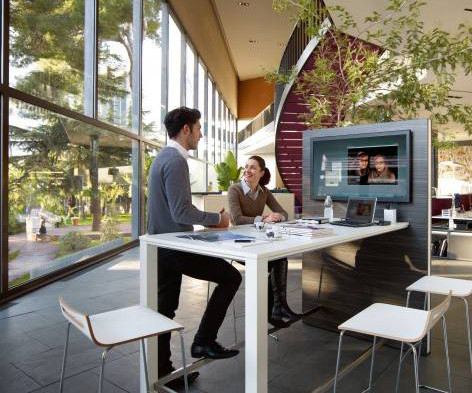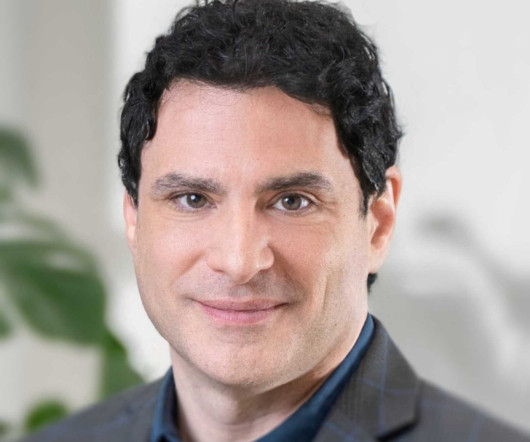The best 30-second hacks for dealing with stress
Work Life
NOVEMBER 3, 2024
When you think about combating stress and anxiety at work, you probably think about major, time-intensive interventions: a weeklong beach vacation perhaps. A spa day. Or maybe getting an entirely new job altogether? All of those are great ideas, and probably would do a lot for your overall level of stress. But what—other than taking a few deep breaths before logging into your next Zoom—can you do in the midst of a hectic day to maintain some semblance of calm?
















Let's personalize your content